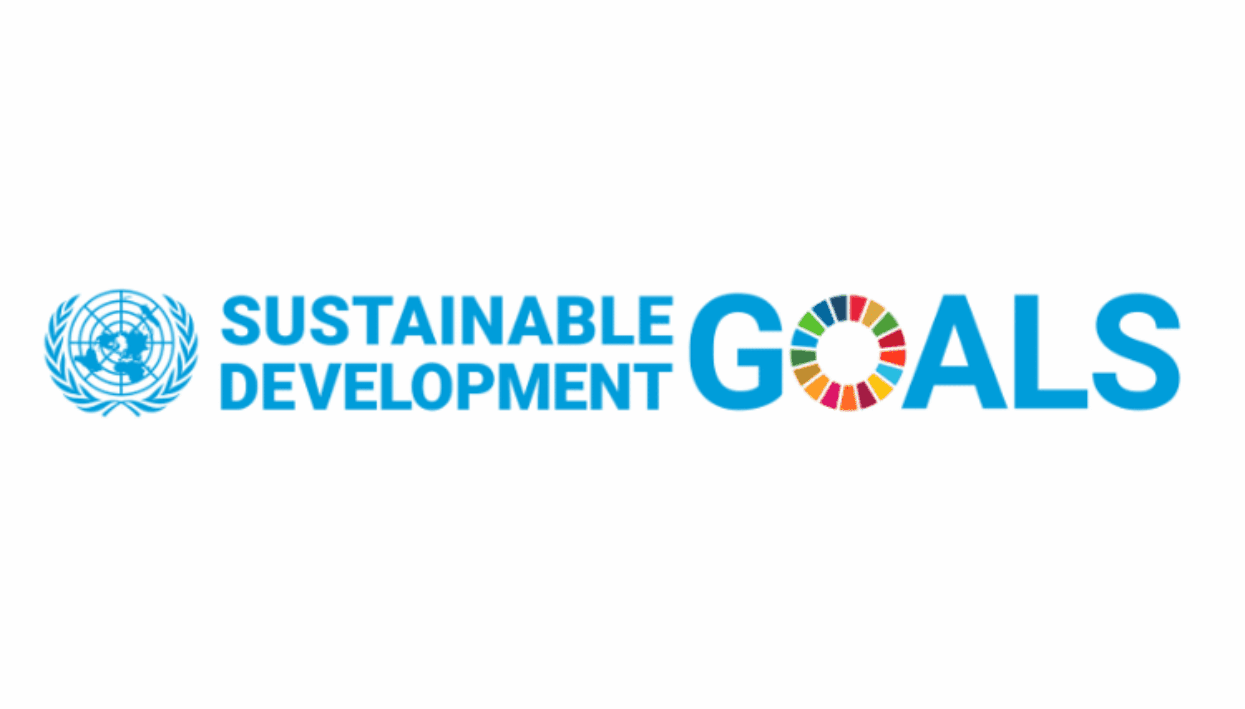
Clare Taylor emphasizes the importance for businesses to take into account the United Nations Sustainable Development Goals and apply them to their businesses. Clare shares the findings from the United Nation’s advance unedited report.
Started in a blaze of hope and signed up to by all UN member states back in 2015, and setting goals and targets to be achieved by 2030 (some sooner), the United Nations Sustainable Development Goals were created to make the world a fairer and better place for everyone, everywhere, now and in the future. We’re halfway to the deadline now, and the update reports make bleak reading. But there is still time to change this if we all make the effort needed: governments, businesses and individuals.
Some of the lack of progress is connected to the Covid pandemic and the war in Ukraine, and a lot to climate-related disasters; however, there is something of a feedback loop here. Better progress under Goal 15 (life on land) would have reduced the risk of zoonoses – diseases transmitted from the animal kingdom to humans; with greater achievement for Goal 3 (good health and wellbeing), there would have been better access to vaccinations and to good healthcare for more people, thus limiting the impact of Covid. As it is, the poorest have suffered most, both globally and within country and even city populations. Women have carried a significant burden, something that would have been addressed by more progress on Goal 5 for gender equality.
Much the same can be said of climate disasters: insufficient progress on access to affordable and clean energy, Goal 7, exacerbated many problems (including those related to health), and the lack of progress on Goal 13, climate action, was behind the floods, droughts, storms, heatwaves and wildfires that have been delaying progress. Climate change has the effect of being a ‘crisis multiplier’.
Overall progress is poor – very much a ‘can do better, needs to try harder’ type of school report. According to the UN’s advance unedited report issued in May 2023, only about 12% of the 140 targets are on track and around 30% have either made no progress at all or have fallen back to below the baseline of 2015. Carbon dioxide levels are still rising, and new oil and coal fields being opened. Hunger levels have increased (Goal 2 is zero hunger), yet we’re way off track on the target to halve food waste and losses (per capita) by 2030, one of the targets under Goal 12 (responsible consumption and production). Access to electricity and cleaner fuels is not growing enough, leaving people reliant on polluting and dangerous means of cooking. The report states that “One in two countries still lacks effective frameworks for sustainable water management.” Readers in the UK who’ve been following local headlines about pollution of rivers and coastal areas, and hosepipe bans, will be strongly aware that not managing water safely can come very close to home. However, as has been seen from the impacts of events around the world, everything is connected and what happens in one place will affect everyone in one way or another.
As businesses and individuals, we can make a direct difference to some of this; as voters we can push governments, councils and other bodies to ramp up efforts in areas they need to change. The goals where we businesses and individuals have the best opportunities for ramping up action are also those with direct financial benefits in these difficult economic times: avoiding wasting energy, resources and water; looking after people, not just our staff but our communities; and reducing pollution from production processes, energy sources and transport. Many large businesses, cities, councils and others who are part of the graphic arts industry customer base are incorporating the SDGs into their policies, so as well as doing the right thing for a fairer, safer planet, you can become more aligned with their supplier requirements. Looking on the FESPA website for other articles will give plenty of ideas for addressing sustainability in your business, and the UN website https://www.un.org/sustainabledevelopment/ has very detailed information about the Sustainable Development Goals and some guides for individual actions to take.
We don’t need to make any changes to the SDGs to achieve a better world and future, we just need to work more on them. To quote the report: “This higher purpose remains within our grasp, but it requires an unprecedented effort by individual governments, a renewed sense of common purpose across the international community and a global alliance for SDG action across business, civil society, science, young people, local authorities and more.”